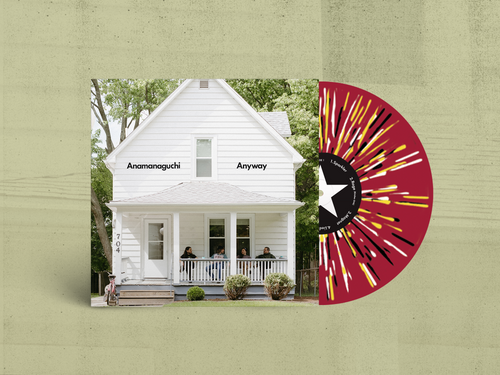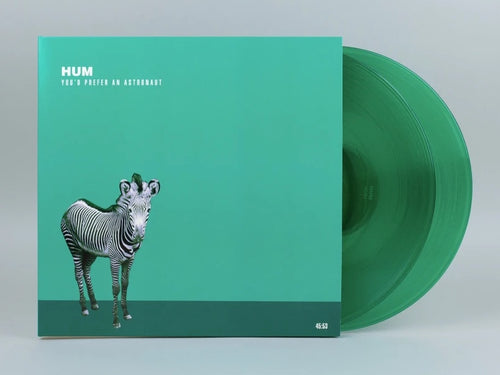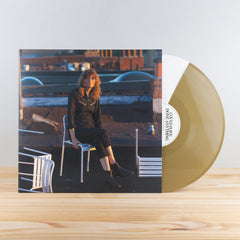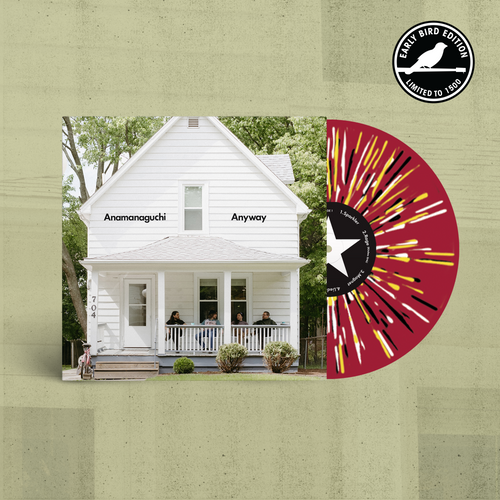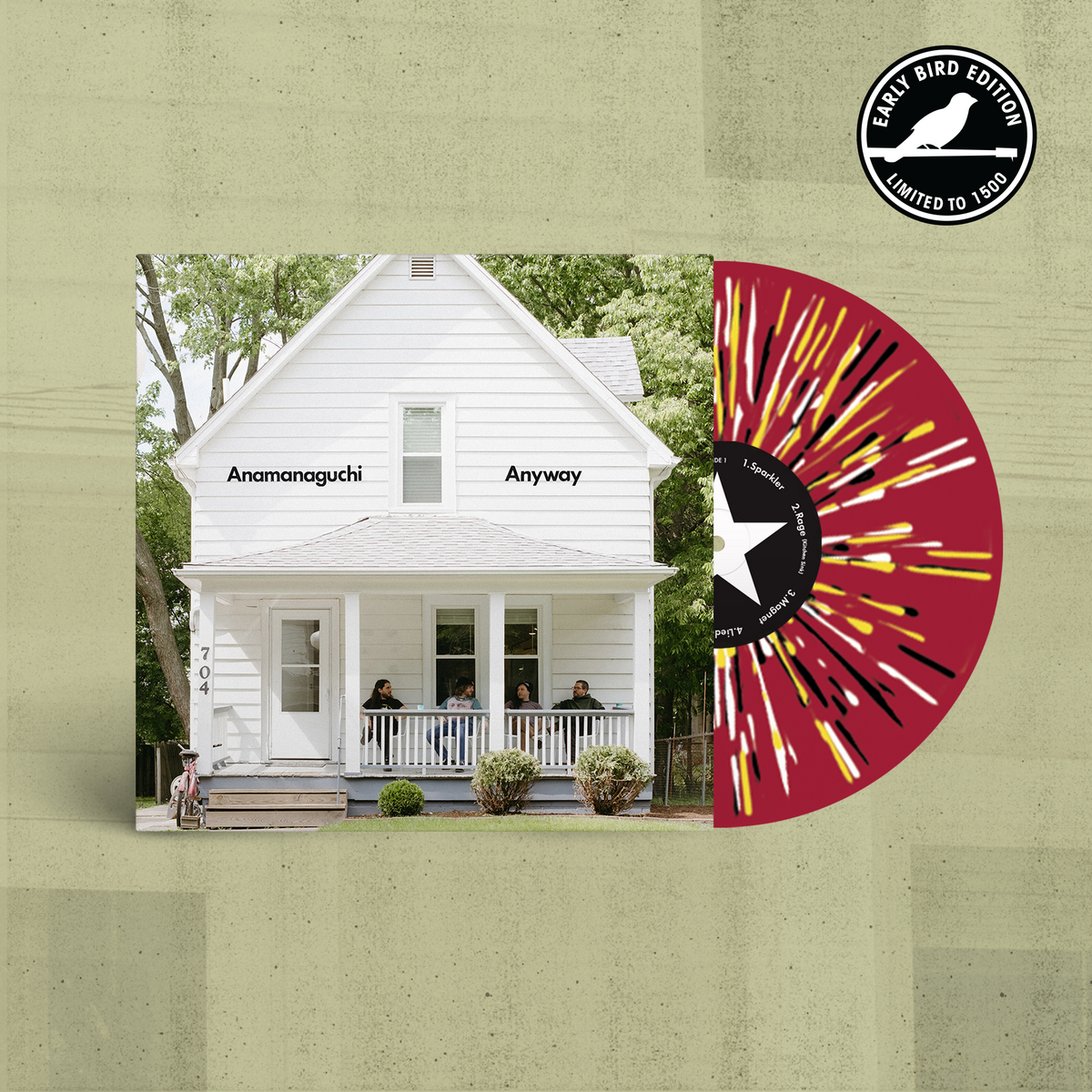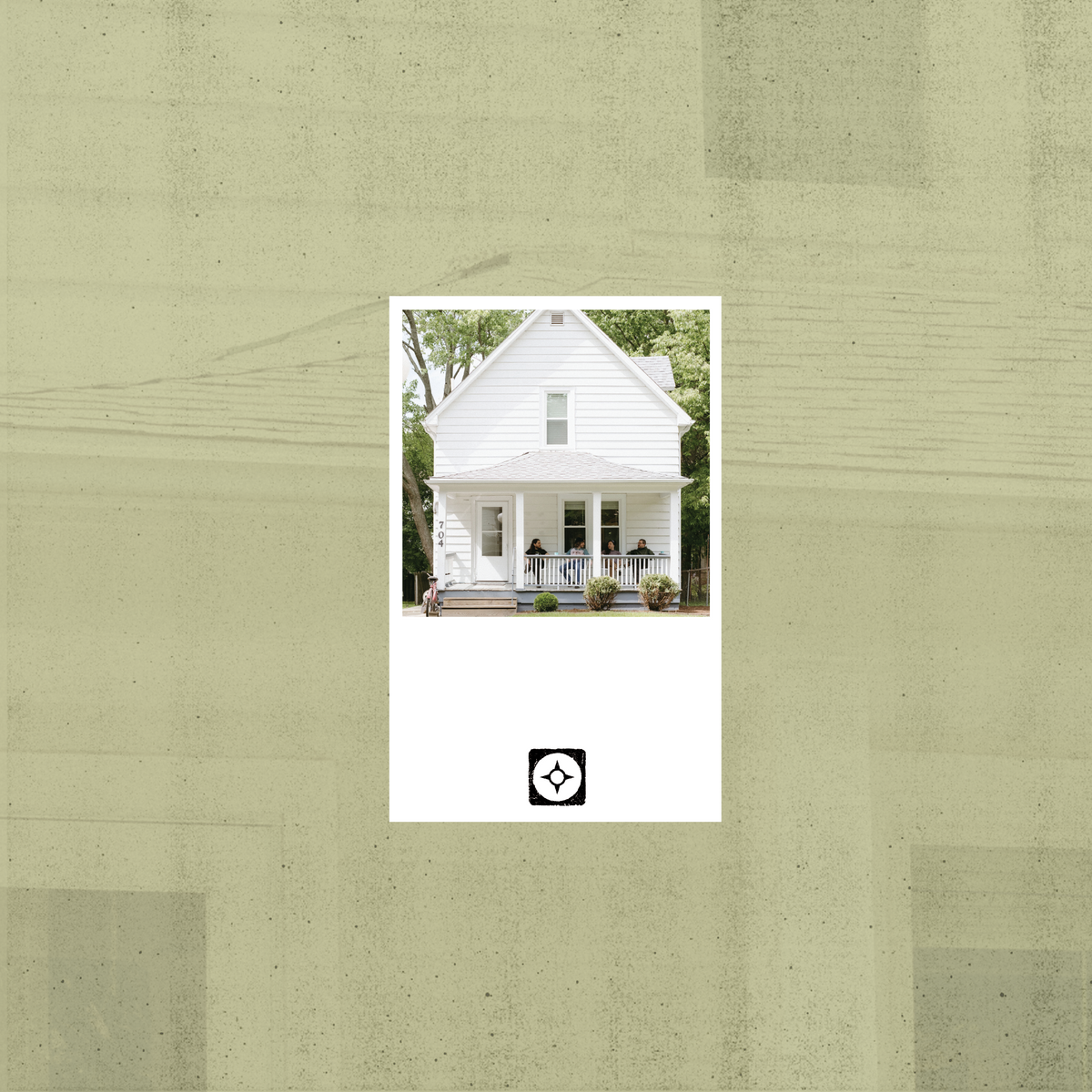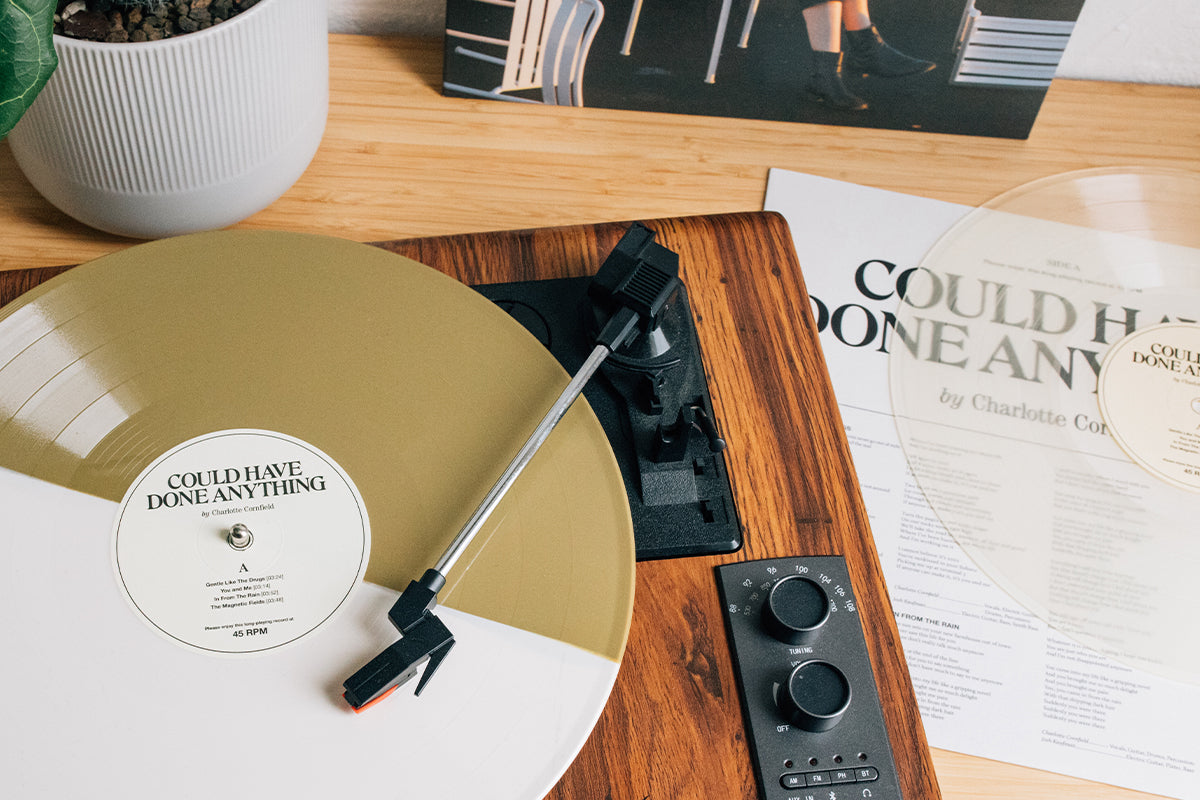
Celebrating the release of Charlotte Cornfield's timeless new album 'Could Have Done Anything'
“Welcoming new life alongside a stunning new album, the nuanced folk artist is fully connected to the past, present, and future.” - RANGE
“Across nine tracks, Cornfield weaves a rich tapestry of quotidian moments — a drive in an old Subaru, a vinyl record to be played, a moonlight swim — with a gravitas that imbues the ordinary with the extraordinary. " - Exclaim!
“The album is touched with the feeling of safety and comfort that comes with falling in love.” - UPROXX, Indie Mixtape interview
It's nothing short of an honor to share Charlotte Cornfield's new album, Could Have Done Anything, which comes divinely placed between the birth of her first child and Mother's Day - just weeks apart. Such serendipity courses through the veins of this record, powered by a heart filled with the beauty of discovery, as well as, the euphoria of the journey. Order your limited edition copy on Cream & Gold, Half & Half vinyl + stream to Could Have Done Anything below.
Whereas Cornfield’s preceding albums were made in familiar settings, with troupes of friends, her latest long-player reaches into the unknown. The record's producer, Josh Kaufman (Cassandra Jenkins, Anais Mitchell, Bonny Light Horseman), and Cornfield (who went to school for jazz drums) played every instrument themselves, from ringing guitars to cozy piano, Hammond B3, pedal steel and synthesizers. Together, with engineer D. James Goodwin (Kevin Morby, Whitney) and assistant engineer Gillian Pelkonen, the pair worked swiftly, impulsively, trying to shrink the gap between having an idea and putting it on tape. The resulting sound is at once elaborate and unrehearsed; there’s a sense that it’s coming together—and coming alive—at the very moment it’s being made.
Today's release is a testament to Charlotte’s uncommon life and all its possibilities, an acknowledgment that the best musicians can turn fleeting moments into timeless songs. Over nine magnetic tracks, the singer-songwriter begins yet another chapter: gazing in the rear-view to understand where she’s been; squinting through the sunset to see what’s ahead. Calmer than I was, she sings in the album’s final moments. Stronger than I was / older than I was / less angry than I was…—and finally—happier than I was / happier than I was / happier than I was…
Intimacy and absence go hand-in-hand on Could Have Done Anything: the theme repeats on the unfussy love-song "You and Me," with its tale of tour and homecoming. You’re sunkissed in your Subaru / Picking me up at Terminal 3, she sings—and, later, two bikes on a pavement path / ice cream cones and epitaphs. Some love is as simple as this: liberating, easy, like piano and guitar in two-step. “I’ve been trying to write a song like this for a long time,” Cornfield says. “A catchy love-song, with cars. Where it feels like the narrator could go anywhere and do anything.”
That was the spirit of this record: connection, possibility, acceptance. “Don’t be afraid to take a left,” Kaufman would say, encouraging Cornfield to drop preconceptions, invent new rules. Even with the small things, like wandering around the tracking room with a pair of claves in your hands, or adding random, surround-sound echoes to "The Magnetic Fields"—a song about a potent and formative live concert experience. Throughout, Cornfield tried to channel the energy of her favorite classic records, from Tapestry to Blood On The Tracks to Car Wheels On A Gravel Road—albums where the listener is simply carried by the songs and the playing.
“The hours flew by,” Cornfield says. “We lived inside of the songs there, for a few days.” You can hear it on a tune like "Cut and Dry," where a radiant, easygoing groove forms the landscape of a song about seeing people as a whole, together with their mistakes. There’s a similar through-line to "In From The Rain," where rambling 70s licks and Cornfield’s tambourine flutter trace the evolution of a friendship, from intimacy to disappointment to acceptance. On the latter, listen at the end of the first minute, after Cornfield sings a lyric about rainstorms and visitors: Suddenly you were there, goes the line—as a real-life thunderclap unfurls, like an angel’s drumroll. “All the mics picked it up,” she recalls. “So we left it in.”
"Gentle Like the Drugs" draws on imagery from a spring tour in the American west. “I was experiencing joy on the road in a way I really hadn’t before,” Cornfield says, and you can hear it in the patient pleasure of these chords, or the way she narrates her first impressions of Arizona: I watch the colours get real / the pink and the teal / I see a dust devil / I see an elevator. Like riding across the desert with your friends; like smoking a joint at the end of a long day; but the song’s alternating verses orient themselves towards another sensation, too: that feeling of being home, and happy, when your lover’s not around. Not because they’re gone, but because you know they will return.
